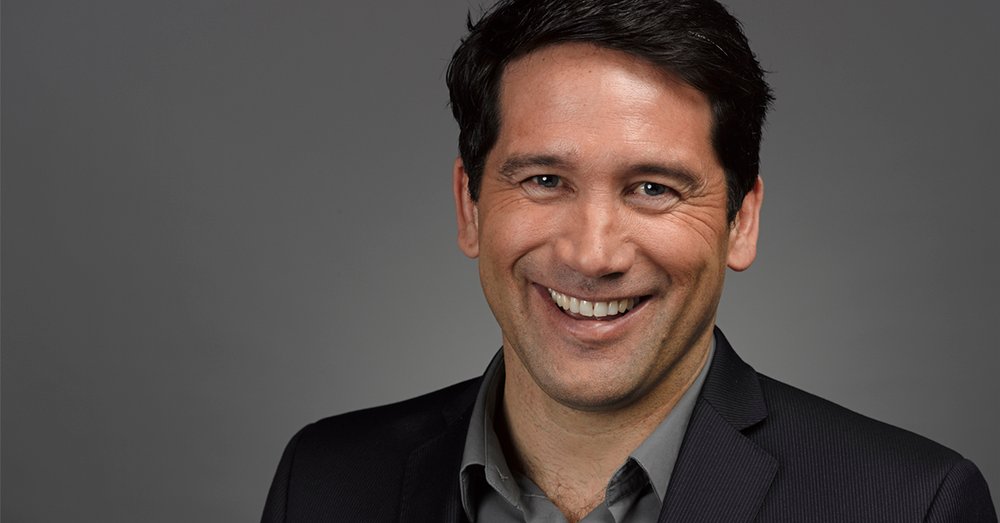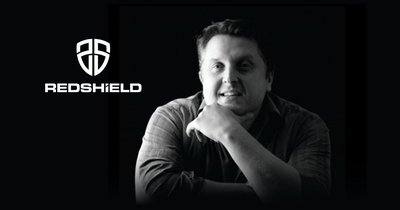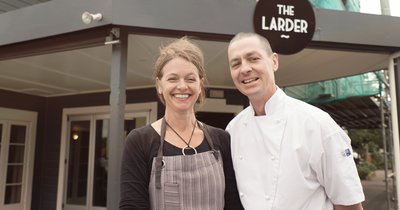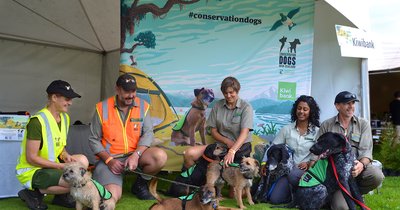Four years ago, Kaitaia GP Dr Lance O'Sullivan realised that New Zealand’s healthcare system was sick. So, he created iMOKO™ as a remedy of sorts. “iMOKO™ started out as a grassroots initiative.Members of my community approached me at my practice, telling me they couldn’t get access to the health care services they needed,” he explains. And that’s when he got the idea to pair technology with medical services to fix the problem in his tiny Far North town, and eventually, the world.
At the time Lance was planning to disrupt the medical system, the Ministry of Health held a funding round in the hopes of finding innovative medical solutions that focussed on Maori communities and children’s health. Needless to say, he applied and got the funding he needed to disrupt the system.
Dr Feelgood
A graduate from Auckland University Medical School, Lance has been a doctor in Kaitaia for fifteen years. One of his first outreach programmes saw him and his staff going out into remote communities delivering health services to those who needed it most. He says the problems remain the same:
“It’s the age old problem of having the right service in the wrong place.Clinics are too far away, there are cost issues, and literacy issues.”
He quickly realised that he wasting time and money in sending staff out to travel between schools and towns. “It was a completely inefficient model. These doctors are sitting in cars - and that’s not the way we should use our health resources.” And so an app was born. Lance figured if he could get the right technology within the communities, and trained locals to use it he would not only reduce staff costs but increase care. An added benefit to this is that he’s able to create more job opportunities within these communities. “Using tech to put the power back into the hands of the people is what we’re doing,” he says. And this is just the tip of the iceberg. For Lance,the future of healthcare is entirely virtual: no staff, no buildings. Instead, he sees it operating effortlessly as a cloud system.
Disrupting the status quo
Lance admits that disrupting the status quo isn’t so much about ruffling feathers as it is about energising the sector. “I’ve worked as a doctor for fifteen years in a system that frustrated the hell out of me. It just doesn’t work. But it’s exciting to know that change is possible! For the longest time I thought it would be impossible to change the current model. Then I realised I was looking at it in the wrong way.”
He likens New Zealand’s healthcare system to a classic Kiwi car - the Morris Minor. At first he thought he could work magic by making a few tweaks, like changing the tires and a new paint job. But these changes are superficial. In reality, the car needs to be replaced. And getting a new car is super exciting! “Do you know what is so exciting to me? Take this scenario:There’s a child in Invercargill who has a health problem. An early childhood assistant (who we’ve trained) at his daycare centre who enters this child’s info into our app. Two minutes later, a doctor like me, on a bus in Kaitaia,can review the file, determine a treatment plan, and approve a prescription that gets delivered to his home within hours.”
It’s not hard to get caught up in his excitement, especially considering the fact that New Zealand has an annual health expenditure that’s growing by 8.6% per year. That’s billions of dollars, by the way. Now put this figure against our GDP that’s only rising at 6% and you get the drift.
“We’re on a collision course with an unaffordable, backed-up health system where we’ll be turning patients away because we simply don’t have the money to treat them.”
Future-proofing healthcare
The iMOKO™ programme starts by placing smart tablets with iMOKO™ software into schools and early child care centres. Lance and his team train approved people to conduct health assessments of common child health problems, such as skin and dental infections, strep throat, and head lice. There are over four thousand Kiwi kids across New Zealand who are receiving this innovative form of healthcare. But he’s got bigger plans. “I’m approaching it from a ‘How do we future proof healthcare for our society, and the world?’ kind of way.”
And so, he’s got plans to go global. Lance wants to see iMOKO™ as part of broader, virtual, digital healthcare programme. His innovative approach is unmatched at the moment, and this means he’s got the opportunity to test out, as he says in his own words,“lots of wild ideas.” The more radical the better. “As Kiwis, we’ve always got this expectation to use ingenuity, a ‘give it a go’ approach, and Kiwi know how. But there’s a friction between this natural innovative spirit and our infamous tall-poppy approach to disruption and change.” He thinks New Zealand can be better at encouraging people to take risks, think up new ideas, and lead change.
For iMOKO™, the biggest challenges are the incumbent healthcare service providers who are fighting hard to hold on to doing things the way they’ve always done. Lance gets why they’re scared.
“I’m coming in and saying I think this is a redesign and some of you will be irrelevant if you continue to close your eyes to this.”
The truth hurts. But for Lance, this kind of backlash only proves to him that he’s onto something groundbreaking. “You know you’re doing something right when people are concerned and threatened,” he says with a cheeky laugh. And he’s onto something. Everyday new people are showing interest in iMOKO. He plans to help 50,000 patients by the end of 2017, and 400,000 by 2019. Not bad for a young upstart from Kaitaia.
Kiwibank are proud sponsors of the Innovative Hi-Tech Service category of the NZ Hi-Tech Awards. Backing innovative Kiwi businesses is what we’re all about.
Interested in discovering some other amazing New Zealand businesses? Check out our Business Time section.



